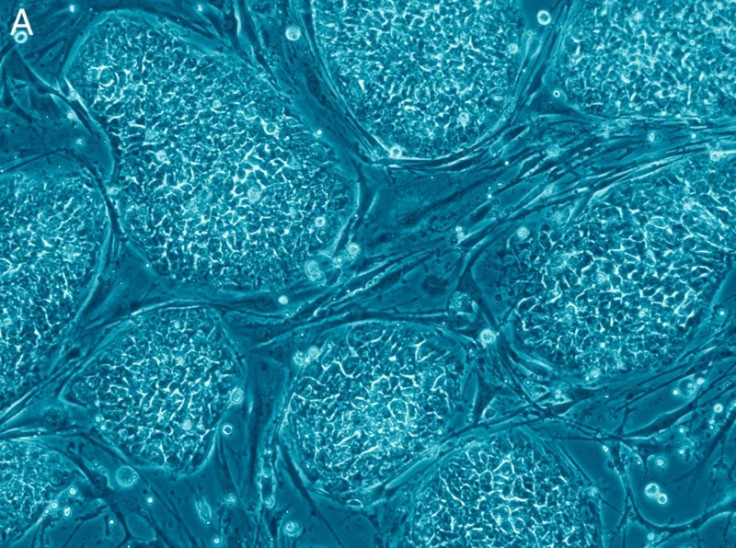Aspirin's Impact on Bowel Cancer Unlocked

Scientists have unlocked the way Aspirin cures bowl cancer by understanding that a protein that is overactive in bowel cancer cells are deactivated by the action of Aspirin.
The protein, mTOR plays a part in allowing cancer cells to produce excess proteins causing them to grow faster than normal, according to the scientists from the University of Edinburgh and the University of Dundee.
Scientists found that aspirin does not only switch off the mTOR, but also activates another protein, AMPK, which help generate energy.
Scientists discovered this important mechanism when they were studying cancer cell from mice and human patients. They were able to demonstrate how aspirin blocks mTOR by measuring levels of proteins that it controls. This clearly shows that aspirin can help prevent several cancers, they said.
However, scientists recommended that aspirin should not be used for long because it might harm health.
The scientists' ultimate aim is to identify targets in the processes involved in cell energy balance in order to develop new drugs that are even better and safer than aspirin at preventing bowel and other cancers.
"Drugs that target mTOR have been hampered by the cancer's ability to find alternative ways of using the same pathway, leaving these drugs useless. Using aspirin as a template, we hope to be able to develop drugs that target several parts of the same pathway, enabling us to get around this resistance," said Dr Farhat Din, researcher at the Cancer Research UK, in a statement.
"This fascinating research provides an invaluable insight into how aspirin is working in bowel cancer cells. It builds on this team's earlier work that was the first to demonstrate that aspirin worked to prevent bowel cancer. Cancer Research UK is funding trials and research to find out more about the role aspirin could have in preventing cancer," said Professor Nic Jones, chief scientist at the Cancer Research UK, in a statement.
We recommend that anyone considering taking aspirin for cancer prevention should discuss doing so with their GP," he added.
© Copyright IBTimes 2025. All rights reserved.





















